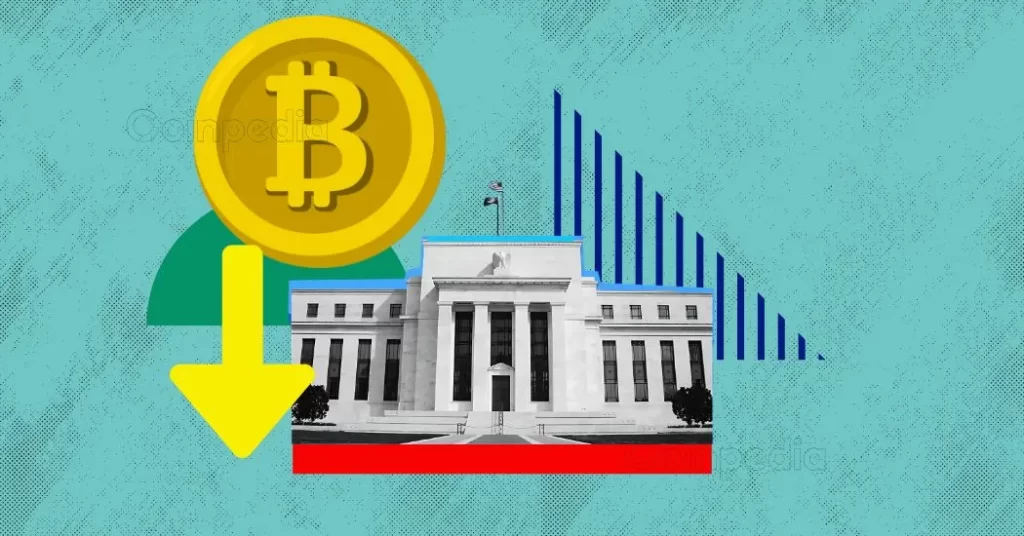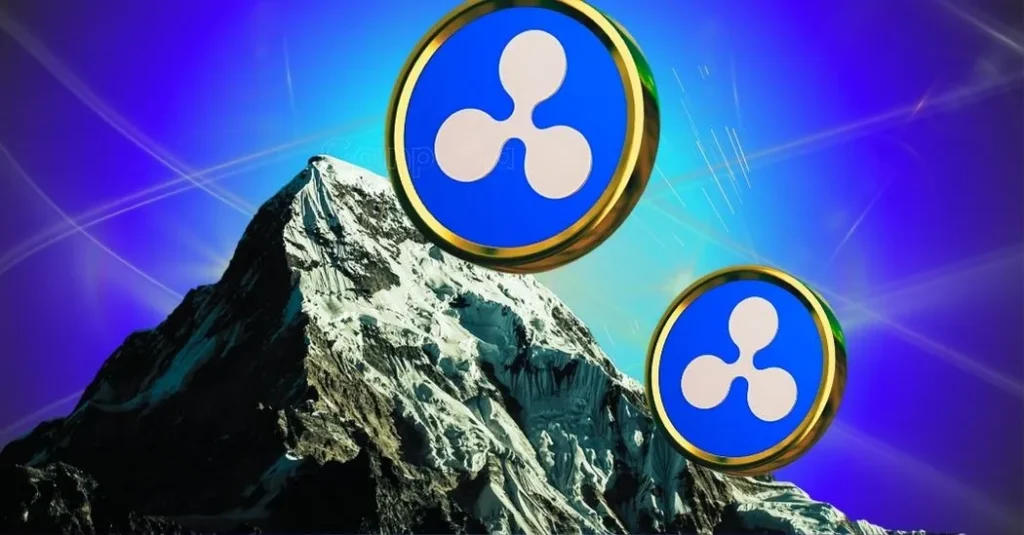ARTICLE AD BOX

- Mastercard develops a blockchain network to simplify digital asset transactions for consumers, merchants, and banks.
- The project mirrors its card network into blockchain, aiming for secure and practical digital transfers.
Mastercard is no longer just a traditional payments company. In recent months, they have shown a surprising new direction by expanding their role in the world of crypto and digital assets.
Rather than just sitting back and watching the development of the digital market, Mastercard has started building infrastructure that can bridge users, merchants, and financial institutions to the increasingly crowded crypto world. But this move is not just about following a trend, there is a mature strategy behind it.
 JUST IN: MASTERCARD IS DEVELOPING A WAY FOR CONSUMERS, MERCHANTS AND FINANCIAL INSTITUTIONS TO TRANSACT DIGITAL ASSETS ~ WATCHER GURU
JUST IN: MASTERCARD IS DEVELOPING A WAY FOR CONSUMERS, MERCHANTS AND FINANCIAL INSTITUTIONS TO TRANSACT DIGITAL ASSETS ~ WATCHER GURU
— BSCN Headlines (@BSCNheadlines) April 1, 2025
Building the Rails for Digital Asset Transactions
Recently, Mastercard revealed that they were developing a new platform that would allow all parties – consumers, businesses, and banks – to transact using digital assets.
This project will use the Multi-Token Network (MTN) network that they first launched in 2023. MTN is designed to make blockchain more accessible in a practical way, especially for financial institutions. Interestingly, this is not about creating your own token, but more about providing a safe and trusted way.
On the other hand, Mastercard’s collaboration with a number of global banks, such as JPMorgan and Standard Chartered, proves that this project is not just a sideline. One of their main focuses is the use of tokens for cross-border transactions, which have been known to be slow and expensive. With a blockchain-based system, costs can be reduced and transaction speeds can be drastically increased.
Mastercard Targets Emerging Crypto Markets
Not only that, in December 2024, Mastercard also announced that they has bringing the “Crypto Credential” program to the United Arab Emirates and Kazakhstan, according to CNF. This program allows crypto wallet identities to be verified directly across platforms, without the hassle of inputting long wallet addresses that are prone to typos.
In essence, they want to make the crypto transfer process as easy as sending a text message. This feature even allows users to send crypto to others simply by using an easy-to-remember username.
This step is certainly important, especially for markets that are developing in crypto adoption. The UAE and Kazakhstan were chosen for a reason—these two countries are indeed actively building a digital asset ecosystem and opening themselves up to blockchain technology.
By entering this market early, Mastercard is taking a strategic position to become a crypto infrastructure provider in a region with great potential.
From Education to Real-World Asset Tokenization
Furthermore, they also take an approach from the education and startup ecosystem side. Since 2021, Mastercard has supported more than 40 blockchain startups through their accelerator program.
At the same time, they have also filed hundreds of patents related to blockchain technology, proving that their approach is not haphazard. In fact, since 2015, this company has been eyeing distributed ledger technology as the future of the payments industry.
.png)
 23 hours ago
1
23 hours ago
1








 English (US)
English (US)